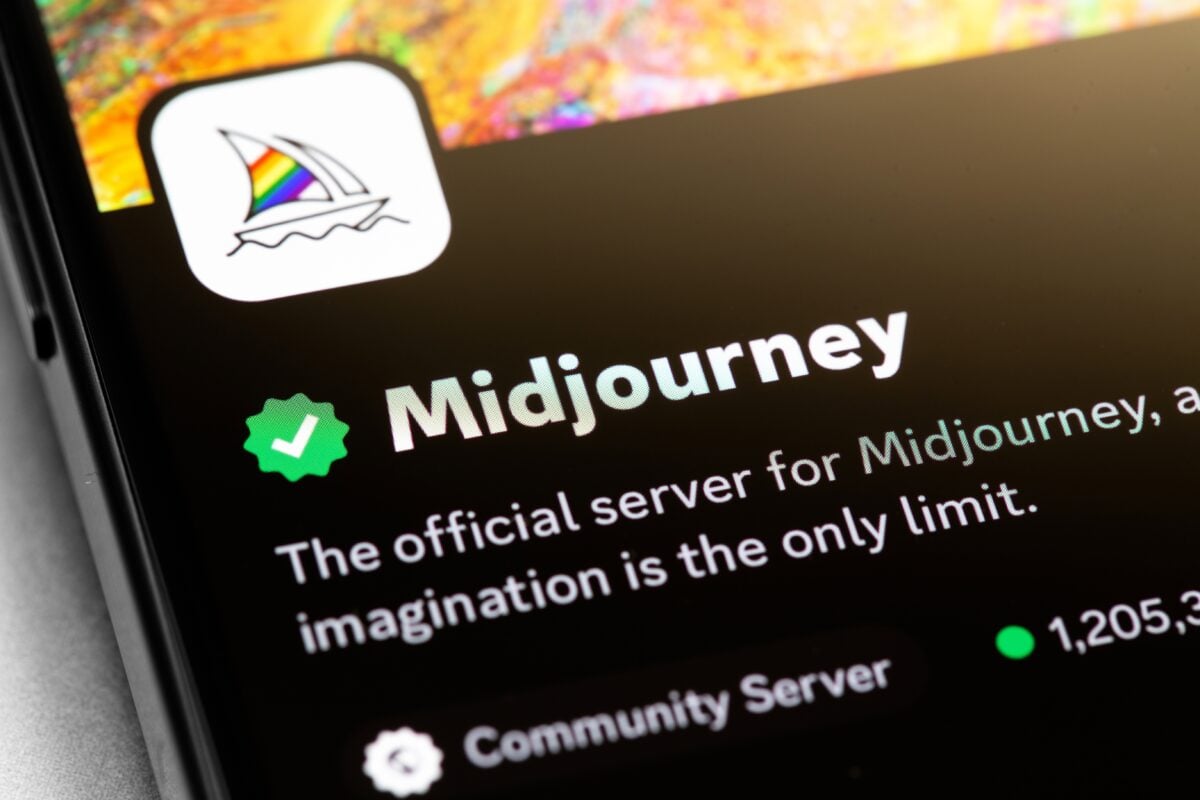TLDRs;
- Meta will license Midjourney’s AI to boost creative tools on Facebook, Instagram, and Messenger without an acquisition.
- Midjourney’s high-quality AI image and video generation will be integrated into Meta’s Imagine and Movie Gen systems.
- The deal reflects a broader industry trend of licensing partnerships, allowing faster innovation and fewer integration risks.
- Both companies face ongoing copyright lawsuits, making shared responsibility through licensing more attractive than in-house development.
Meta is deepening its push into artificial intelligence with a newly announced partnership with generative AI lab Midjourney. The social media giant will license Midjourney’s image and video generation technology, weaving it into its existing suite of products.
According to Meta’s Chief AI Officer Alexandr Wang, the collaboration will focus on integrating Midjourney’s tools into Meta’s future models and applications, spanning platforms such as Facebook, Instagram, and Messenger.
The move expands on Meta’s growing AI portfolio. The company already deploys its Imagine tool for AI image creation and recently unveiled Movie Gen, a video generation system. By tapping Midjourney, Meta aims to accelerate innovation in AI-powered creative tools while leaning on a partner renowned for producing high-quality, artistic visual content.
1/ Today we’re proud to announce a partnership with @midjourney, to license their aesthetic technology for our future models and products, bringing beauty to billions.
— Alexandr Wang (@alexandr_wang) August 22, 2025
Why Licensing, Not Acquiring
One of the most striking elements of this deal is Meta’s decision to license Midjourney’s technology rather than attempt an outright acquisition. Unlike many AI startups that rely heavily on venture capital, Midjourney remains independent and self-funded, never having taken outside financing.
This independence makes traditional acquisitions complex, but it also allows for collaborations that preserve the creative culture Midjourney has cultivated.
Meta’s licensing-first strategy mirrors earlier moves by the company, such as its 2018 collaboration around PyTorch, where it partnered with Amazon, Google, and Microsoft rather than building a competing framework. For Meta, licensing provides a faster path to innovation without the risks and culture clashes of acquisitions. For Midjourney, the partnership offers expanded reach without sacrificing independence.
Partnerships Overtake Acquisitions
The Midjourney deal reflects a wider shift in the AI industry. Tech giants increasingly prefer to strike partnerships instead of pursuing buyouts, especially with companies that hold specialized expertise. By adopting this approach, Meta ensures it can access state-of-the-art visual generation technology while leaving Midjourney free to focus on its niche of producing highly stylized, imaginative images.
This strategy also helps Meta sidestep regulatory and cultural hurdles. Absorbing independent AI startups has often led to innovation slowdowns, whereas licensing agreements allow companies to maintain agility while sharing knowledge, resources, and potential legal risks.
Legal Clouds Over AI Training
The partnership arrives at a time when AI companies face mounting lawsuits over how training data is collected and used. Midjourney, like other AI labs, has been accused of using copyrighted works without authorization to train its models.
Similar lawsuits have been filed against other AI companies in both the United States and Europe, raising questions about whether such practices fall under “fair use.”
Court rulings so far have been mixed. In some cases, AI model training has been considered transformative, while in others courts have ruled in favor of rights holders. Against this uncertain legal backdrop, Meta’s choice to license rather than build competing tools in-house could also be seen as a risk-sharing strategy.







